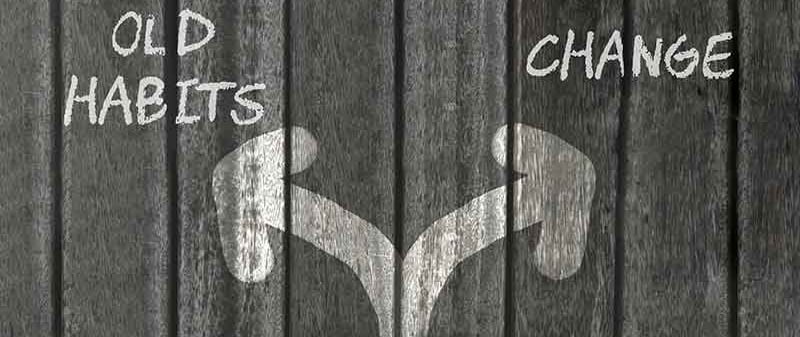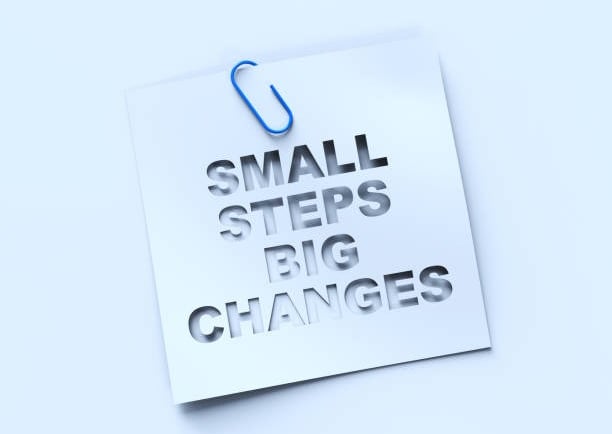Recovery Begins with Taking That First Step
Starting the journey of recovery can feel overwhelming. The road ahead may seem uncertain, and fear of failure can hold many people back. But the truth is, recovery begins with just one step a decision to move forward, no matter how small. If you’re reading this and feeling stuck, uncertain, or afraid know this: you don’t have to have it all figured out. You just have to begin.
All In Health
2/23/20254 min read


Recovery Begins with Taking That First Step
Starting the journey of recovery can feel overwhelming. The road ahead may seem uncertain, and fear of failure can hold many people back. But the truth is, recovery begins with just one step a decision to move forward, no matter how small. If you’re reading this and feeling stuck, uncertain, or afraid know this: you don’t have to have it all figured out. You just have to begin.
Acknowledging the Need for Change
The first step in recovery often begins with recognizing that addiction or mental health struggles are impacting your life. This moment of awareness can be painful, but it is also empowering. It marks the transition from being stuck in a cycle of substance use or emotional distress to actively seeking a way out.
This moment of clarity may come in different ways:
A personal realization that things are out of control.
A concerned conversation with a loved one.
A loss or consequence that shakes you.
A moment of exhaustion, realizing you can’t keep living this way.
No matter how you arrive at this moment, it matters. Acknowledging that change is needed is a powerful step in itself. However, self-awareness alone isn’t enough it must be followed by action. That’s where fear and resistance often step in.
Overcoming Fear and Resistance
Many people hesitate to take that first step because of fear fear of change, fear of failure, or fear of judgment.
If you’ve ever had thoughts like these, you’re not alone:
What if I try and fail?
What if people think I’m weak?
I don’t deserve help
should be able to fix this on my own.
It’s not that bad I can manage it.
These thoughts are common, but they’re also barriers to growth. Fear thrives in isolation, making you believe you are alone in your struggles.
Here’s the truth:
You don’t have to do this perfectly.
You don’t have to do it alone.
You only need to take one step at a time.
Fear is natural, but it doesn’t have to control your choices. Courage isn’t the absence of fear it’s moving forward despite it. Seeking help, whether from a therapist, support group, mentor, or trusted loved one, can make this step feel less daunting.


Small Steps Lead to Big Change
Recovery doesn’t happen overnight. It’s built on small, consistent actions. The key is to focus on progress, not perfection.
Small steps that make a difference:
Reaching out to someone who understands.
Attending a meeting or therapy session.
Setting personal goals even simple ones like “drink more water” or “get outside today.”
Practicing self-care rest, movement, and nutrition can all support recovery.
Choosing to try again after a setback.
Every small step forward creates momentum. Even if you’ve relapsed, struggled, or stumbled you can always begin again. The most important thing is that you keep going.
Building a Support System
No one has to navigate recovery alone. Support is a key part of healing.
Talk to someone who understands a friend, a sponsor, a therapist, or a support group.
Surround yourself with people who uplift you not those who keep you stuck.
Educate yourself learn about addiction, mental health, and recovery tools that can help you stay on track.
Recovery is easier when you have a team in your corner. Don’t be afraid to seek help you are not a burden. There are people who care about you and want to see you succeed.
If you don’t feel like you have support, start small:
Join a recovery group (online or in person).
Reach out to a sponsor, counselor or mentor.
Connect with someone who has walked a similar path.
Healing happens in community. Even if your support system starts with just one person, it’s a step in the right direction.
Embracing the Journey
Recovery is not a single event it’s a process. There will be challenges, but there will also be victories.
Some days will feel easy, and some days will feel impossible. Both are part of the process.
You will have setbacks but setbacks don’t erase progress.
You will feel emotions you’ve numbed for years but healing means feeling.
You will doubt yourself but you will also surprise yourself.
By taking that first step whether it’s admitting you need help, making a phone call, or showing up for a meeting you are proving to yourself that recovery is possible.
Each step builds strength. Each step moves you forward. Each step proves you are capable.


You Are Stronger Than You Think
No matter where you are in your journey, know that you are not alone. Taking the first step may be difficult, but it is also the most important. Once you do, you open the door to healing, hope, and a brighter future.
Call to Action: Take Your First Step Today
What is one small step you can take today? Maybe it’s sending a text to a trusted friend, looking up local support groups, or writing down why you want to recover. Whatever it is do it. Your future self will thank you.
Journal Reflection: Taking Your First Step
Use these prompts to reflect on your journey and take meaningful action:
What fears or doubts are holding me back from starting my recovery?
What is one reason I want to change?
What is one small step I can take today to move forward?
Who can I reach out to for support?
What does recovery mean to me?
You are capable. You are worthy. And you can take this step
GET STARTED TODAY
Your journey. Our commitment. Together, we’re all in.
STAY IN TOUCH
Contact Us
954-445-1567
© 2024. All rights reserved.
Contact Us
